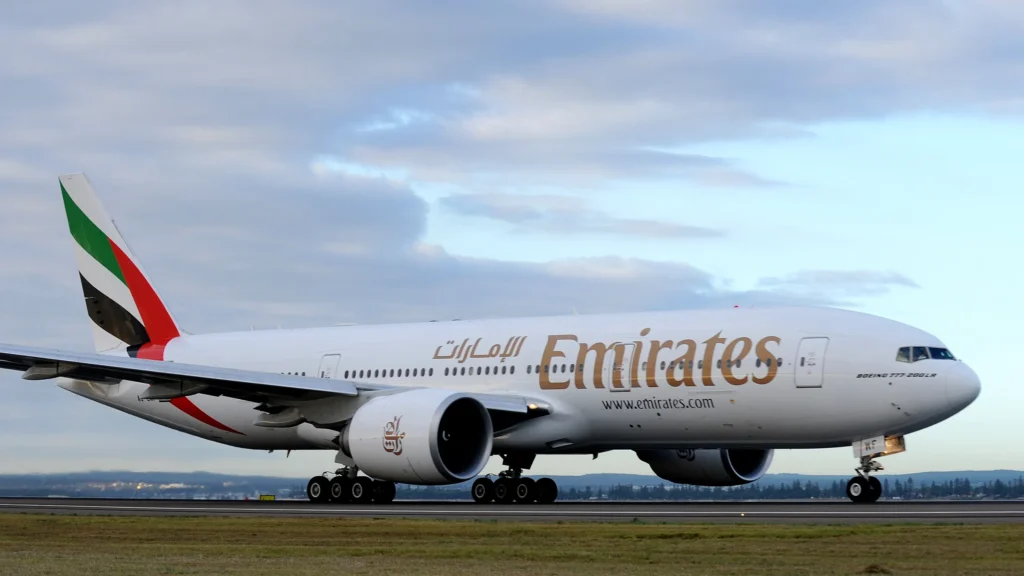
The World Bank has suspended funding for a $150 million tourism and conservation project in Tanzania due to allegations of human rights abuses.
The project, known as the Resilient Natural Resource Management for Tourism and Growth Project (REGROW), aimed to improve natural resource management and tourism assets in southern Tanzania, including Ruaha National Park.
However, the US-based Oakland Institute raised concerns about forced evictions and rights violations against communities living near the park, which is slated for expansion.
The World Bank acknowledged its “deep concern” regarding the allegations and emphasized its commitment to supporting vulnerable communities.
“We have robust policies to identify and avoid harmful impacts,” a spokesperson stated, highlighting the recent discovery of potential policy breaches within REGROW.
Consequently, all further funding disbursements have been halted.
The Oakland Institute welcomed the suspension, calling it a “crucial step towards accountability and justice.”
The organization claims the project impacted tens of thousands of villagers and facilitated human rights abuses.
Their report alleges plans for the forced eviction of over 20,000 people and documents violence by wildlife rangers.
The Tanzanian government has yet to comment on the suspension.
Tanzania’s tourism industry, known for its wildlife safaris and iconic Mount Kilimanjaro, generates billions in revenue.
However, this recent development highlights the potential conflict between conservation efforts and the rights of local communities.




